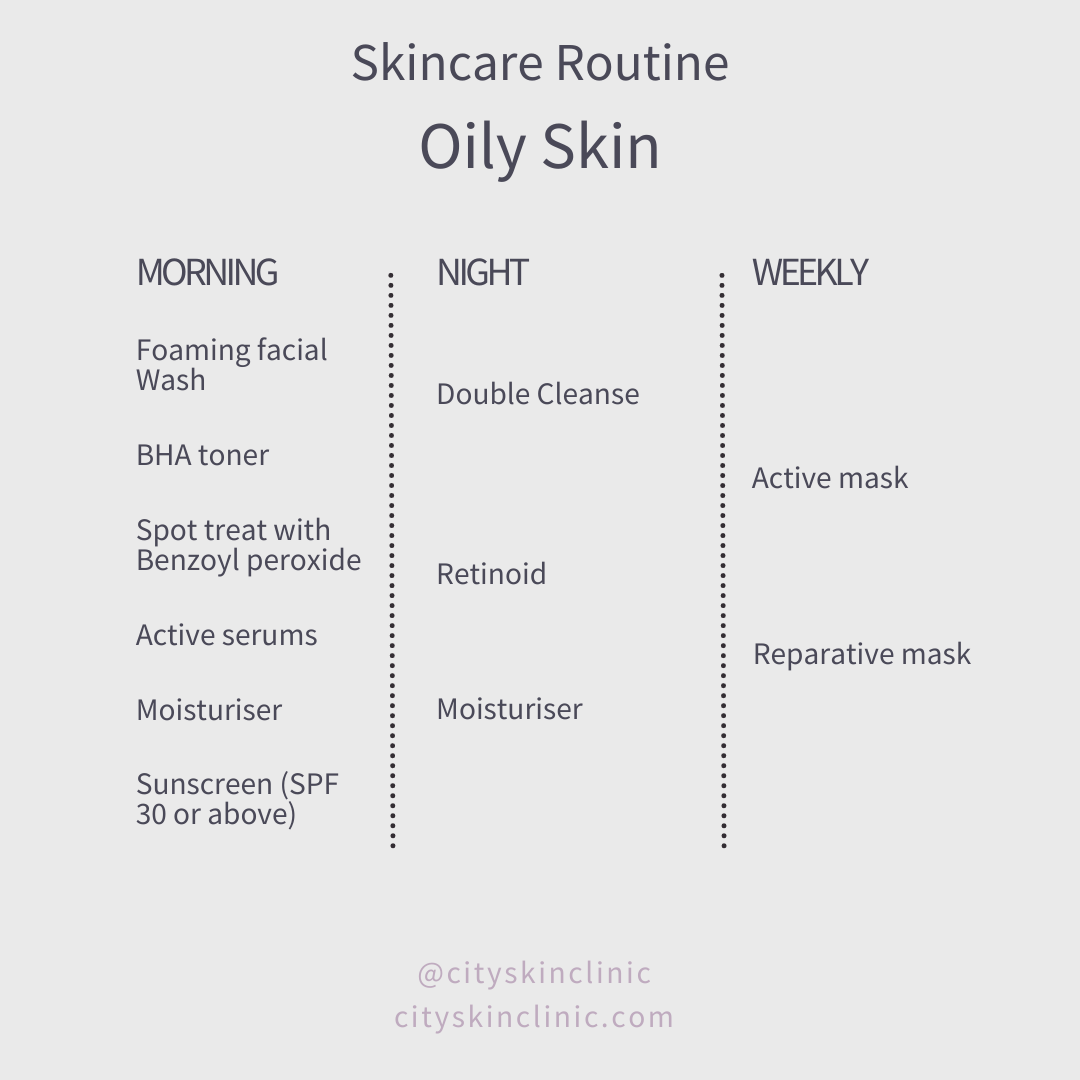Shine Bright: Mastering the Art of Skincare for Oily Skin
When it comes to skincare, having oily skin can often feel like a constant battle. The excess sebum production can lead to a shiny complexion, enlarged pores, and frequent breakouts. However, with the right approach and products, you can master the art of skincare for oily skin and achieve that radiant, glowing complexion you’ve always dreamed of.
The key to managing oily skin is to strike a balance between hydration and oil control. While it may seem counterintuitive, keeping your skin well-hydrated can actually help regulate oil production. Look for lightweight, oil-free moisturizers that contain ingredients like hyaluronic acid or glycerin to hydrate the skin without clogging pores.
In addition to moisturizing, it’s important to cleanse your skin thoroughly to remove excess oil, dirt, and impurities. Opt for a gentle, foaming cleanser that is specifically formulated for oily skin. Ingredients like salicylic acid or tea tree oil can help unclog pores and prevent breakouts.
Exfoliation is another crucial step in a skincare routine for oily skin. Regular exfoliation helps to remove dead skin cells, prevent clogged pores, and improve the overall texture of your skin. Choose a gentle exfoliator with ingredients like alpha hydroxy acids (AHAs) or beta hydroxy acids (BHAs) to slough away dead skin cells without irritating the skin.

Image Source: cityskinclinic.com
When it comes to treatment products, look for those that target specific concerns like acne, enlarged pores, or excess oil production. Products containing ingredients like benzoyl peroxide, niacinamide, or retinol can help to control breakouts, reduce pore size, and regulate oil production.
Sun protection is non-negotiable, especially for oily skin. UV rays can exacerbate oil production and lead to premature aging, so be sure to use a lightweight, oil-free sunscreen every day. Look for a broad-spectrum SPF of at least 30 and reapply throughout the day, especially if you’ll be spending time outdoors.
In addition to a solid skincare routine, there are a few lifestyle changes you can make to help manage oily skin. Eating a balanced diet, staying hydrated, getting enough sleep, and managing stress can all have a positive impact on your skin’s health.
Remember, skincare is not one-size-fits-all, so it may take some trial and error to find the products and routine that work best for your oily skin. Don’t be afraid to consult with a dermatologist or skincare specialist for personalized recommendations.
With dedication and the right products, you can shine bright and master the art of skincare for oily skin. Embrace your natural glow and confidence, knowing that you’re taking the best possible care of your skin.
Glow Up: Your Ultimate Guide to Banishing Oily Skin Woes
Are you tired of dealing with shiny, greasy skin that seems to never go away? Do you find yourself constantly blotting and powdering throughout the day in an effort to control your skin’s oil production? If so, you’re not alone. Many people struggle with oily skin, but the good news is that there are steps you can take to banish those oily skin woes for good.
When it comes to caring for oily skin, the key is to strike a balance between controlling excess oil and keeping your skin hydrated. It may seem counterintuitive, but skipping moisturizer can actually make oily skin worse. When your skin is dehydrated, it can kick oil production into overdrive in an attempt to compensate for the lack of moisture. Instead, opt for a lightweight, oil-free moisturizer that will keep your skin hydrated without clogging your pores.
In addition to moisturizing, it’s important to cleanse your skin regularly to remove excess oil, dirt, and impurities that can clog pores and lead to breakouts. Look for a gentle, foaming cleanser that is specifically formulated for oily skin. Avoid harsh cleansers that strip the skin of its natural oils, as this can actually cause your skin to produce more oil in response.
Exfoliation is another key step in any skincare routine for oily skin. Regular exfoliation helps to slough off dead skin cells that can clog pores and contribute to a dull complexion. Look for a gentle exfoliator that contains salicylic acid, which can help to unclog pores and prevent breakouts. However, be careful not to overdo it – exfoliating too frequently can irritate the skin and lead to even more oil production.
One of the biggest misconceptions about oily skin is that you should avoid using oils in your skincare routine. In reality, certain oils can actually be beneficial for oily skin. Jojoba oil, for example, closely resembles the natural oils produced by the skin, making it an excellent option for moisturizing oily skin without clogging pores. Tea tree oil is another great option for oily skin, as it has antibacterial properties that can help to keep breakouts at bay.
In addition to using the right products, there are some lifestyle changes you can make to help control oily skin. Eating a balanced diet rich in fruits, vegetables, and whole grains can help to regulate oil production and keep your skin looking its best. Drinking plenty of water is also important, as dehydration can lead to increased oil production. And don’t forget to protect your skin from the sun – using a lightweight, oil-free sunscreen can help to prevent sun damage without adding extra oil to your skin.
By following these tips and incorporating them into your skincare routine, you can banish oily skin woes and achieve a healthy, glowing complexion. Remember, everyone’s skin is different, so it may take some trial and error to find the products and routines that work best for you. But with patience and persistence, you can say goodbye to greasy skin and hello to a fresh, matte complexion.
The Best Skincare Routine for Oily Skin: A Complete Guide